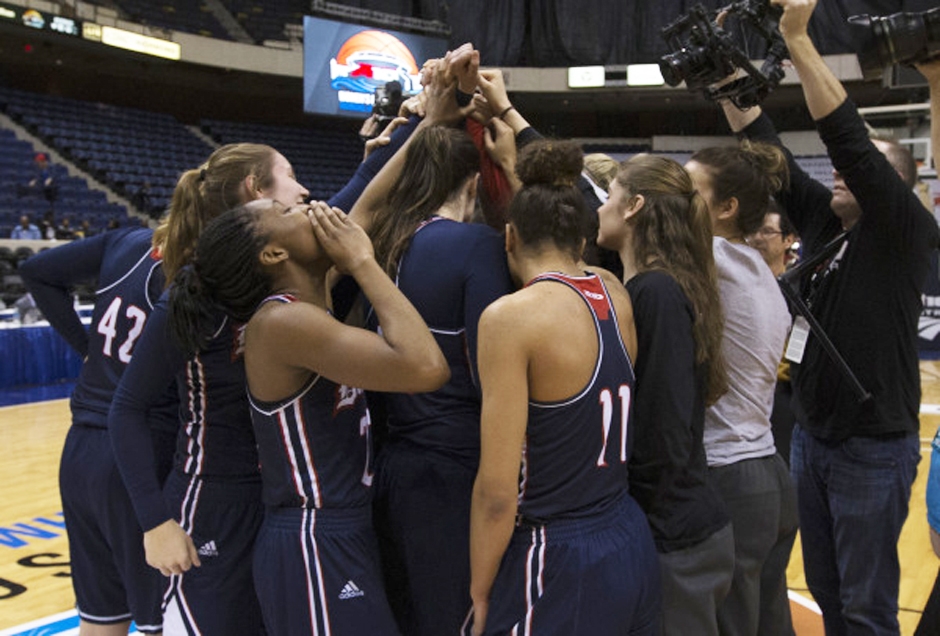
By: Rebekah Devorak | Opinions Editor
Imagine waking up and deciding upon hearing the sound of your alarm clock to check your Duquesne email account, praying it says your class today is canceled. Instead, what pops up on that bright and foreboding screen is a notification that all classes are canceled forever, because the university is shutting its doors permanently.
Could you imagine being forced to completely rethink the rest of your life at the drop of a hat? How would you financially deal with your student loans? How would you figure out what to do next?
That’s currently what the reeling minds of former ITT Technical Institute students are trying to figure out after the for-profit campuses across the United States closed on Sept. 6, including the two Pittsburgh locations.
ITT Technical Institute closed amid various federal investigations, and the announcement came just a short while after the government stated it would no longer provide federal aid for those attending because they believed the company’s future was “too risky.”
According to its website, ITT Technical Institute enrolls over 45,000 students. That’s nearly five times the size of Duquesne’s student body left to fend for themselves. With a tagline “An Education for the Future,” you would think that ITT Technical Institute would be able to supply students with something along those lines. Instead, these poor kids are trapped in a terrifying situation. What’s happening with the school is just another example of why for-profit universities are an abomination to the idea of higher education.
For starters, for-profit schools are basically just buzzards waiting to pick at the monetary remains of people, young and old, in desperate situations. For-profit universities — such as ITT Technical Institute, University of Phoenix and DeVry University — are only concerned with being as profitable as possible. They’re only interested in attracting students to attend so that the business can continue to make money.
Therefore, most for-profit schools market themselves as being quick and affordable, essentially the SparkNotes version of attending a four-year university. Those who want to get some sort of education, but for whatever reason cannot or choose not to attend a school like Duquesne, take advantage of it because that seems like a fantastic deal.
In reality, it’s far from that.
According to the Center for Online Education, the average cost of attending a for-profit school in 2013 was actually over $4,000 higher than attending a private or public non-profit university, with tuition at $15,130 versus just $11,093.
The main difference between a for-profit and non-profit university is sort of self-explanatory: One takes the money it makes as profit and the other uses it to pay staff members, build curriculum, maintain buildings, etc.
However, the Center for Online Education states that in 2012, full-time for-profit faculty members by far made the least when compared to non-profit faculty. A professor at a school like ITT Technical Institute made just $54,413 that year when a professor at a two-year college, the second lowest average yearly salary, made $62,568.
Wouldn’t you think that with all that extra cash, for-profit schools could afford to pay well?
But what is worse beyond the money is the fact that these schools simply do not care about students’ dreams. These are kids who want to make their lives better through higher education, and these universities could not be more apathetic in regard to that. It’s like ITT Technical Institute did not even consider the repercussions of what its students would face when it made the snap decision to close.
To those who own these companies, a student is merely a walking dollar sign. We all gripe about how expensive college is today, but at least we are getting an education that will not suddenly pull the rug out from under our feet when it decides we aren’t making it enough money.
So when Duquesne begins to annoy you with trivial matters like not having enough parking spaces in the garages or not having enough food variety at Towers, know that you are at least learning something worthwhile from a place that does not try to take advantage of you and truly cares about your goals.
You will be getting the single most important thing that ITT Technical Institute could not provide for its students, and that really is “An Education for the Future.”




